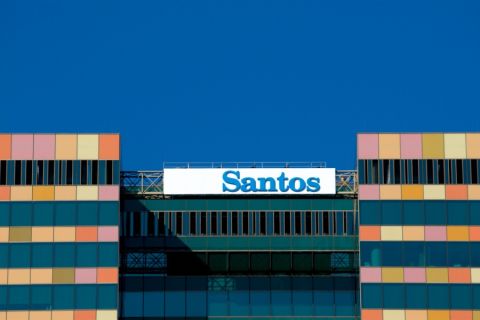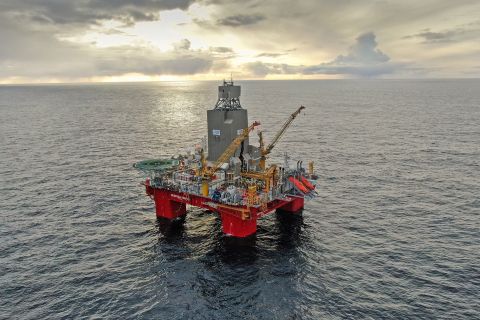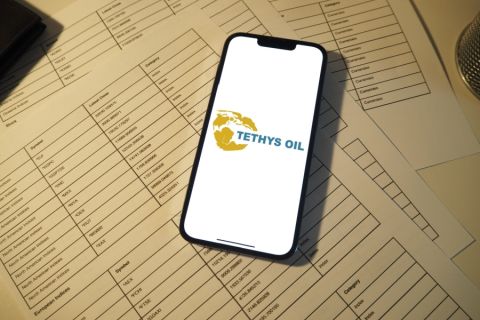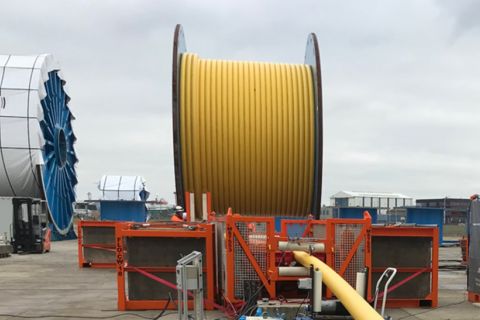Saudi Aramco will expand its market share in Asia despite likely OPEC limits on output next year, and is eyeing deals in China and Africa as it aims to become a global leader in chemicals, the head of the world’s top oil producer said on Nov. 26.
Amin Nasser, CEO of the state oil giant, told Reuters that his company would abide by any OPEC agreement to cut crude production in 2019, less than two weeks before the exporter group meets to decide output policy.
But he added that he still sees growth opportunities in Asia—identifying China, India, Malaysia and Indonesia—and will push ahead with refining ventures to guarantee new outlets for Aramco’s crude.
“We are always going to be attempting to expand our market share but at the same time the company is obliged to meet any agreement by OPEC,” Nasser said in an interview in Dhahran, Saudi Arabia.
“Asia is a very important market for us. We are looking at two potential JVs [joint ventures] for refineries in China right now ... We continue to expand our market share in different markets.
“We are looking at India, we are looking at Malaysia, we are looking at Indonesia, we are looking at China. All these markets are very important to us. And other markets as well, even in Africa,” he added.
Aramco said last week it would sign five crude oil supply agreements with Chinese customers, taking its supply to China to a record-high 1.67 million barrels per day (MMbbl/d) in 2019.
Nasser did not explain how Aramco would meet that higher demand if OPEC, of which Saudi Arabia is the de facto leader, decided to restrict production next year.
Asked whether the company planned to reduce crude exports to the U.S. as inventories there increase, he said: “All markets are important for us. Asia is the biggest market for sure, then Europe and the U.S.”
Nasser added that plans to expand the company’s Motiva refinery in the U.S. and move into petrochemical production at that plant were going ahead as scheduled.
OPEC meets in Vienna on Dec. 6, amid expectations that Saudi Arabia will push for a production cut of up to 1.4 MMBbl/d by the producer club and its allies to prop up sagging oil prices.
Benchmark Brent crude was trading near $60 a barrel on Nov. 26, clawing back some losses after plunging nearly 8% the previous session amid fears of a supply glut.
Saudi Arabia’s crude production has hit an all-time high in November of about 11.1 MMbbl/d to 11.3 MMbbl/d, an industry source familiar with the matter told Reuters on Nov. 26.
Saudi Energy Minister Khalid al-Falih said earlier this month that Aramco would ship less crude in December compared to November due to lower seasonal demand.
Aramco aims to become a global leader in chemicals and the world’s largest integrated energy firm, with plans to expand its refining operations and petrochemical output.
The company plans to raise its total refining capacity—inside the kingdom and abroad—to 8 MMbbl/d to 10 MMbbl/d from around 5.4 MMbbl/d now, Nasser said.
“We are the industry leader when it comes to upstream oil and gas. But when it comes to downstream, even though we have a big position in refining ... our ambition is much bigger, we are looking at 8 to 10 million barrels per day in refining,” he said.
“Chemicals is a major area for expansion. We are going to be the global leader when it comes to chemicals.”
To get there, Aramco is embarking on the possible acquisition of a strategic stake in Saudi Arabia’s SABIC, the world’s fourth-largest petrochemicals maker.
Nasser said he hoped to finalize talks “soon” with the Public Investment Fund to buy the sovereign wealth fund’s stake in SABIC.
“We are doing partly the due diligence and the negotiations at the same time. These things take time,” he said.
“And then if we are able to conclude the negotiations, still there is the process of antitrust in different countries and that also takes some time. We did not put a timeframe that we need to have but we are hoping to have it soon.”
Aramco aims to allocate some 2 MMbbl/d to 3 MMbbl/d of its crude production to petrochemicals, Nasser said.
Recommended Reading
Santos’ Pikka Phase 1 in Alaska to Deliver First Oil by 2026
2024-04-18 - Australia's Santos expects first oil to flow from the 80,000 bbl/d Pikka Phase 1 project in Alaska by 2026, diversifying Santos' portfolio and reducing geographic concentration risk.
Iraq to Seek Bids for Oil, Gas Contracts April 27
2024-04-18 - Iraq will auction 30 new oil and gas projects in two licensing rounds distributed across the country.
Vår Energi Hits Oil with Ringhorne North
2024-04-17 - Vår Energi’s North Sea discovery de-risks drilling prospects in the area and could be tied back to Balder area infrastructure.
Tethys Oil Releases March Production Results
2024-04-17 - Tethys Oil said the official selling price of its Oman Export Blend oil was $78.75/bbl.
Exxon Mobil Guyana Awards Two Contracts for its Whiptail Project
2024-04-16 - Exxon Mobil Guyana awarded Strohm and TechnipFMC with contracts for its Whiptail Project located offshore in Guyana’s Stabroek Block.




